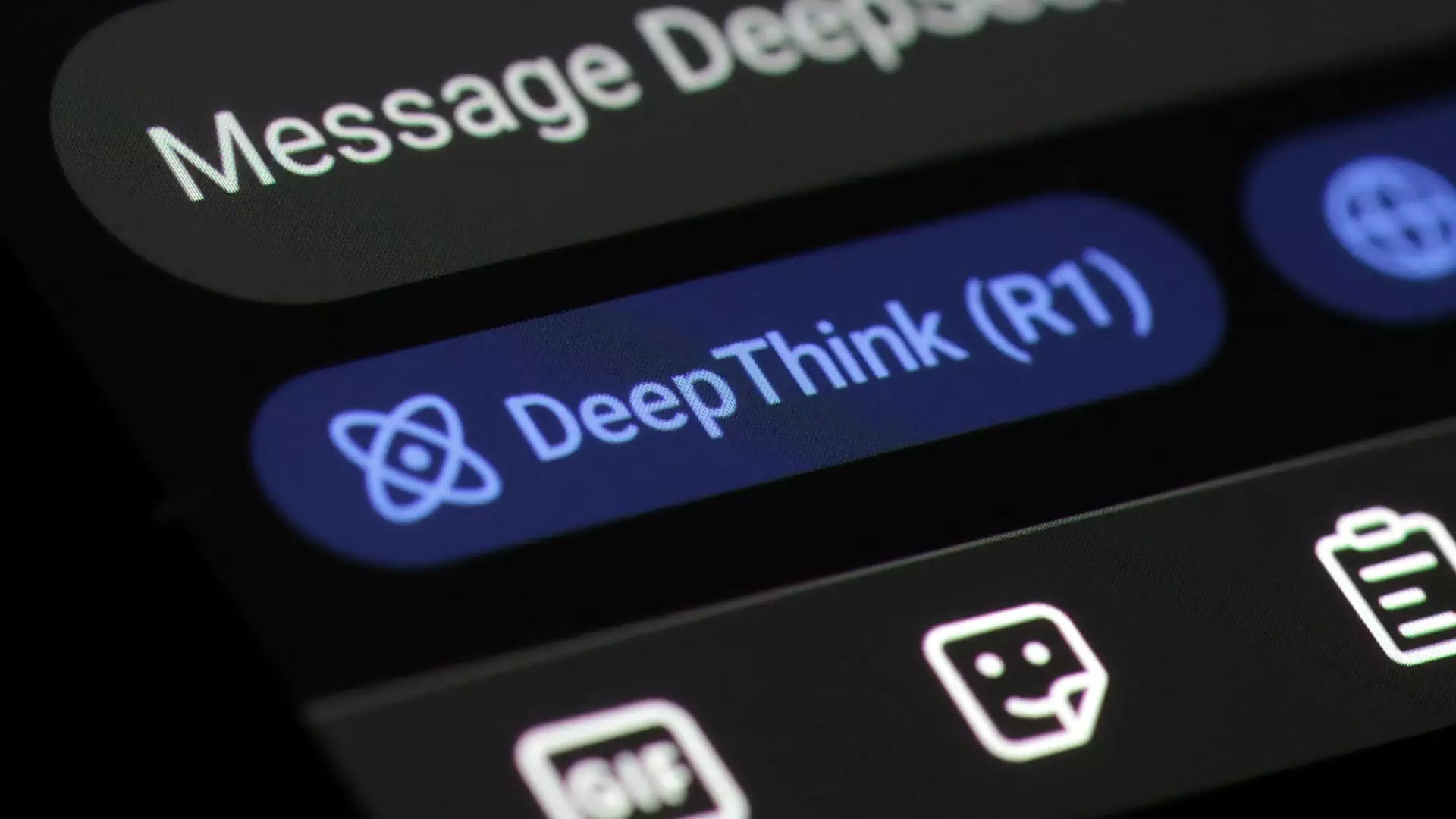In recent days, Singapore has found itself at the center of a storm concerning export controls, following dramatic claims made by the Chinese artificial intelligence firm DeepSeek. The company’s assertion that its large language model can outperform OpenAI’s creation at a fraction of the training cost has raised eyebrows across global markets and prompted questions about the chips used in DeepSeek’s advanced AI model. Specifically, the Ministry of Trade and Industry (MTI) of Singapore has issued a statement urging U.S. companies to adhere to stringent export regulations, sparking a dialogue around the implications of these technologies on international trade.
The market response to DeepSeek’s announcement was immediate and volatile. A model that could rival established giants like OpenAI would not only disrupt existing AI markets but could also indicate a significant shift towards more cost-effective AI development in China. However, this assertion was soon shadowed by concerns about the source of the semiconductors powering DeepSeek’s R1 reasoning model. U.S. export controls on advanced AI chips have created a complex narrative, one that could have far-reaching implications for national security and international technology collaborations.
Reports from Bloomberg highlighted U.S. officials’ investigations into DeepSeek’s acquisition of advanced chips, particularly from Nvidia, via third-party channels in Singapore. This scrutiny reflects broader anxieties surrounding technology transfer between the U.S. and China, particularly in fields deemed critical for national security. Nvidia’s response to the allegations stated that the chips used by DeepSeek are fully compliant with export regulations, emphasizing the chipmaker’s commitment to adhering to the rules that govern international trade.
Singapore’s MTI made it unequivocally clear that compliance with U.S. export controls is paramount. Their assertion that they will work in tandem with U.S. law enforcement to ensure adherence underlines the city-state’s position as a key player in global trade. The ministry’s insistence on the rule of law reinforces Singapore’s reputation as a trustworthy hub for international business, a sentiment echoed in their remarks regarding the lawful practices of multinational corporations operating within its borders.
As the global landscape of AI continues to evolve, the situation surrounding DeepSeek and its implications may serve as a pivotal case in understanding the intersection of technology and regulation. The ongoing scrutiny and regulatory measures may not only affect how companies like DeepSeek develop AI technologies but could also realign international partnerships in the semiconductor supply chain. Companies must tread carefully, balancing innovation with legal compliance to navigate these tumultuous waters effectively.
The emergence of competitive AI players from nations like China poses a challenge to established firms. Therefore, fostering a transparent and compliant trading environment will be crucial as stakeholders adapt to these rapidly changing dynamics in the tech landscape.


Leave a Reply